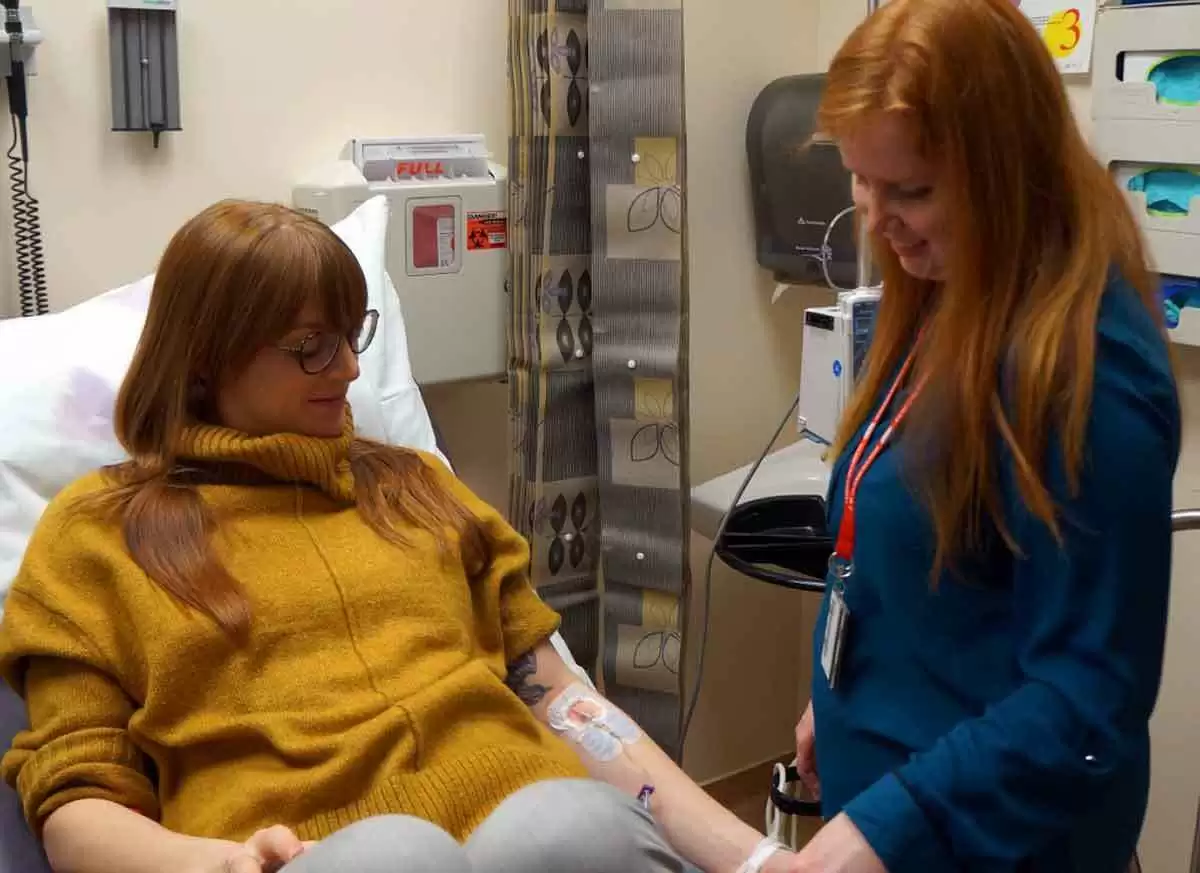
Celiac.com 09/03/2021 - Specially designed antibodies could help prevent development of celiac disease, according to new research. Monoclonal antibodies are basically lab-crafted immune cells that increase the body's defenses against infections and toxins, according to the Food and Drug Administration.
A research team used a new method to specially modify monoclonal antibodies that prevent the human immune system from recognizing gluten as a toxin. This means that the body's T cells, will not respond to gluten, enabling the body to digest and process it without triggering classic celiac symptoms. T cells, like antibodies, help the immune system to fight off potentially harmful diseases or other foreign intruders.
Celiac.com Sponsor (A12):
The researchers used the same method to prevent celiac disease in mice, though they still need to conduct human trials using the method.
These drugs, which are tailored specifically to the target virus or toxin, are commonly used in the treatment of autoimmune diseases such as rheumatoid arthritis, psoriasis and multiple sclerosis, and most recently have been explored as a potential treatment option for COVID-19.
According to co-author, Geir Åge Løset, the team's research shows "that a highly successful and well-recognized drug class, namely monoclonal antibodies also may find its place in the growing therapeutic toolbox under investigation in celiac disease."
The team's findings open a path to drug development "that ultimately may blunt the unwanted immune reaction seen in celiac patients, thereby allowing these patients to adopt a more normal way of living," said Løset, founder and CEO of Nextera, the Oslo-based firm that makes the monoclonal antibody for celiac.
For their study, Løset and his colleagues screened a human antibody library for antibodies that block immune cells that target gluten. Using information gathered in the process, they developed monoclonal antibodies that mimic this process.
When inflamed gut tissue samples from patients with celiac disease were exposed to the modified antibodies, they blocked the immune response to gluten and did the same in lab mice, without interfering with other cell functions, according to the researchers. "We think our study points to an untapped potential which allows a clear path for drug makers to act upon building on well-recognized principles," added Løset.
Read more in UPI Health News








Recommended Comments
Create an account or sign in to comment
You need to be a member in order to leave a comment
Create an account
Sign up for a new account in our community. It's easy!
Register a new accountSign in
Already have an account? Sign in here.
Sign In Now